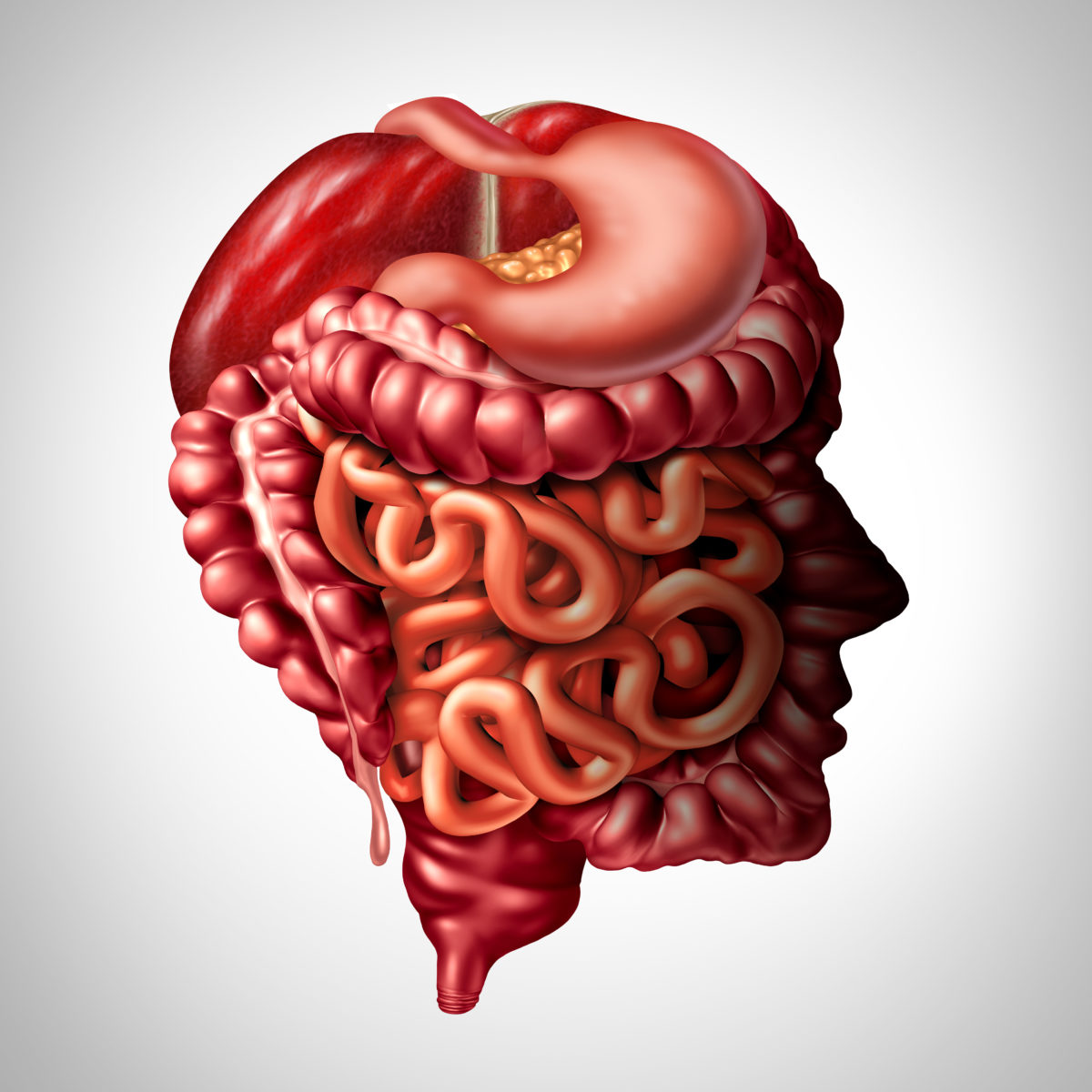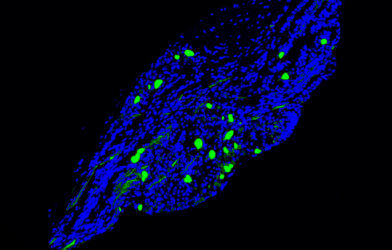Probiotics and prebiotic products are marketed as ways to improve your gut microbiome, and research suggests doing so could help your brain in the long run. A review by an international team of researchers confirms evidence that links the gut with neurodegenerative diseases, but exactly why or how remains unclear.
Past studies are showing more evidence linking conditions in the gut to the development and progression of multiple neurodegenerative disorders like Alzheimer’s disease, ALS, Huntington’s disease, multiple sclerosis, and Parkinson’s disease. All the above conditions are complex and intertwined with multiple molecular pathways in the body. But the researchers state that this gives more reason to believe that one pathway involved in these diseases involves a gut-brain interaction.
More recently, research has pointed to a set of signals released by the vagus nerve and the secretion of hormones and neurotransmitters in the gut. Other potential pathways where the gut can influence the brain include the production of short-chain fatty acids that are made from several gut microbes. The enteric nervous system found in the gut is also connected to the vagus nerve. The immune system is heavily involved with gut health and conditions in the gut. It is a possibility that the immune system, or more specifically inflammation, is the missing link between the gut and neurodegenerative diseases.
Inflammation has multiple causes, ranging from genetics, environment, diet, and lifestyle choices. But more evidence is accumulating that the gut microbiome can amplify or muffle the effects of these stimuli.
How the gut plays a role in protecting or exacerbating the brain from neurodegeneration is still up for debate. On the inflammation argument, however, there is some data pointing to a higher production of short-chain fatty acids from gut microbes and lower inflammation. Other evidence includes a relationship between tryptophan metabolism and neurodegenerative conditions.
Age plays an important factor in the development of neurodegenerative diseases, with most people being diagnosed after 60. As a person ages, they also experience a degraded gut. Preliminary research in mice suggests there may be a link between aging brain health and a degraded gut.
“Despite huge research efforts, the cause of the various neurodegenerative disorders is mostly unknown with genetic and environmental contributors. As noted in this review, the gut microbiota may act as an intermediate factor between the host and the environment, affecting key aspects in the neurodegeneration process such as inflammation and protein homeostasis. However, a causal role for the gut microbiota in neurodegeneration is missing,” the authors write.
The researchers say that keeping the gut healthy is one way to reduce the risk of poor brain health. Along with diet and exercise, probiotics and prebiotics are two options with data supporting their ability to change the gut microbiome. Although the team does note that other ingredients in probiotic and prebiotic products could downplay their effects on the gut. There is also no consensus on how many people should take these products and for how long.
The authors believe one of the biggest problems with current research is that much of it is based on animal models. They write that these studies “fail to capture the complexity of multifactorial disorders.” More research using human participants is necessary.
“Human studies involving larger longitudinal cohorts are needed to understand the relative contribution of the gut microbiota to neuropathology,” they conclude. “A better understanding of the role of the gut microbiota in neurodegenerative disorders is essential and may lead to the discovery of new therapeutical targets and/or disease-modifying strategies.”
The study is published in the journal Gastroenterology Report.












Time to eat more Yogurt!!